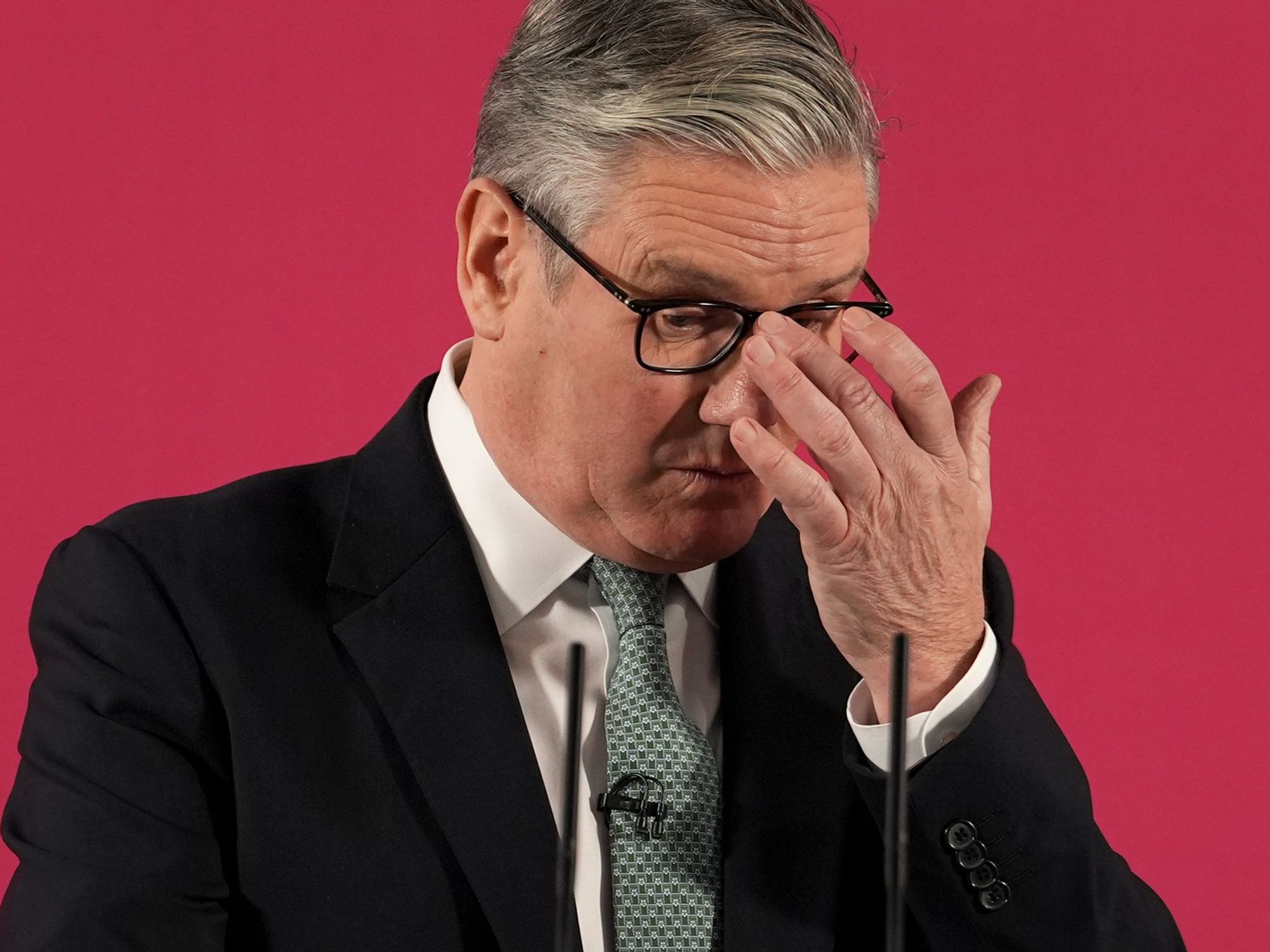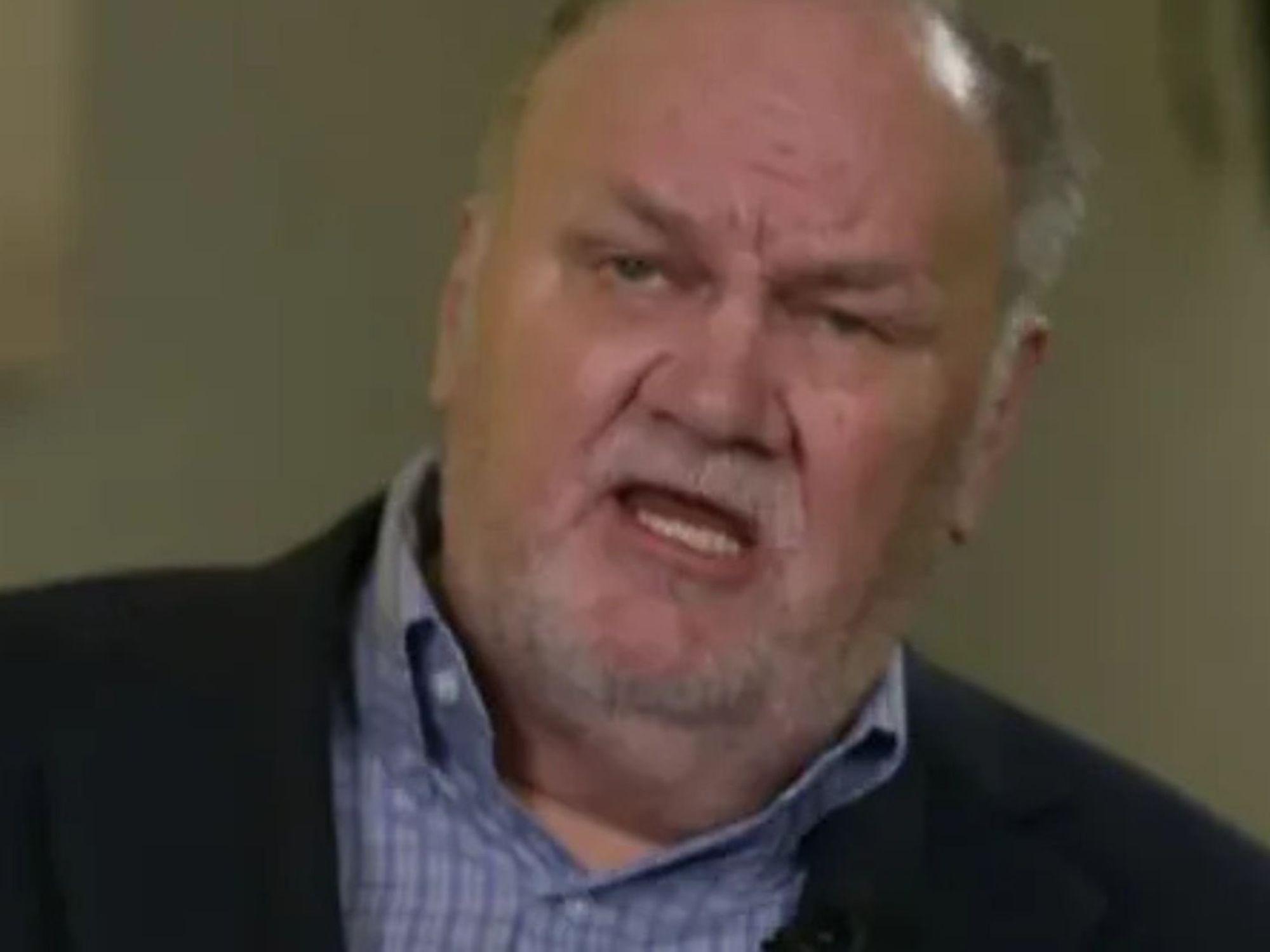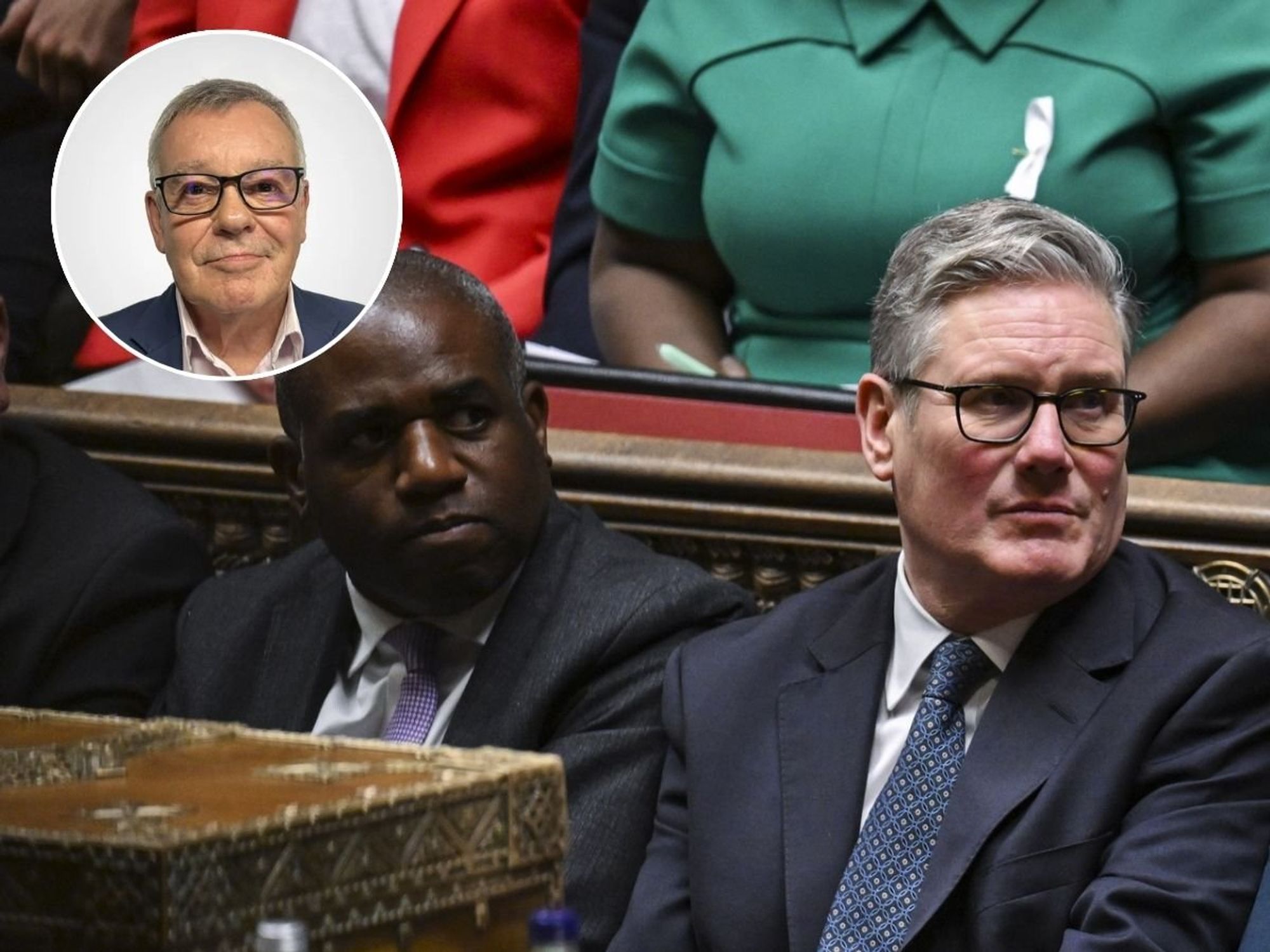Covid lockdown scientist admitted major issue with policy just days before urging UK stay home
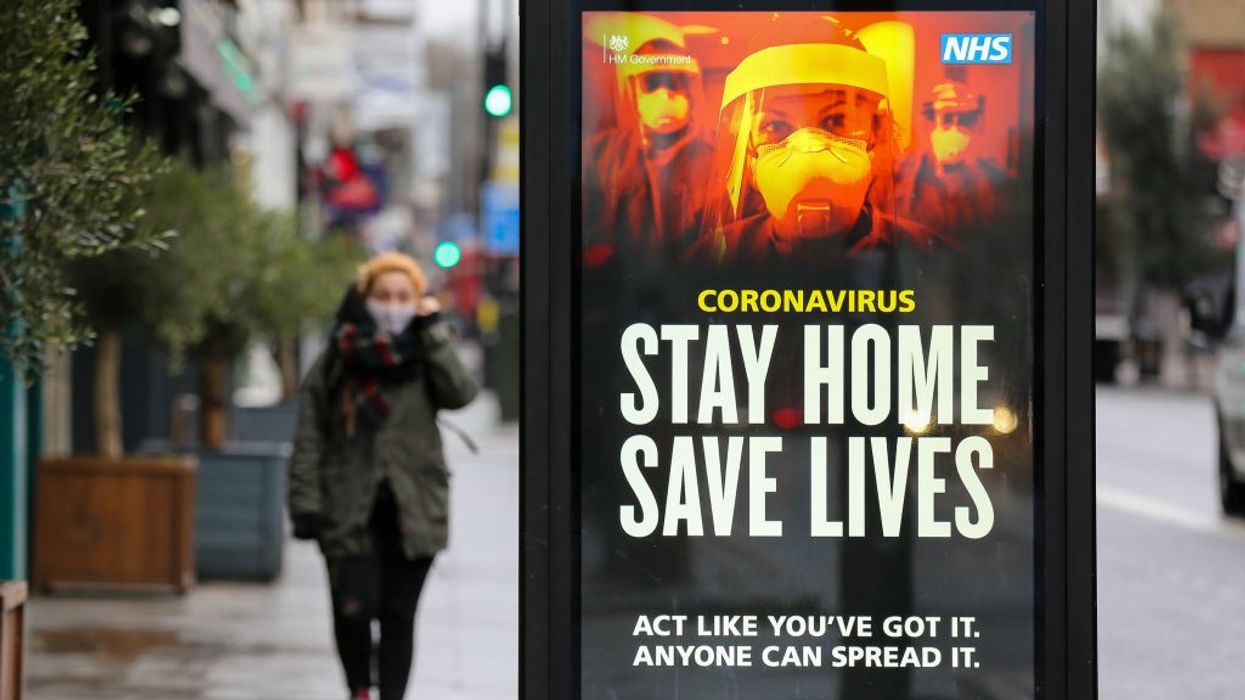
A scientist has admitted that the first Covid lockdown was expected to cause economic misery and hit the poorest in the UK - but still pushed for restrictions across Britain
|Dinendra Haria/SOPA Images/LightRocket via Getty Images

UK and US finance officials suggested lockdown would be disastrous for the economy
Don't Miss
Most Read
A scientist has admitted that the first Covid lockdown was expected to cause economic misery and hit the poorest in the UK - but still pushed for restrictions across Britain.
The Covid inquiry heard that Prof Neil Ferguson, whose data prompted the first lockdown, headed a team that predicted a worst case scenario where 500,000 people in the UK would die without intervention.
On March 16, 2020 - a week before Boris Johnson confirmed a lockdown would be put in place - a report said that “epidemic suppression is the only viable strategy at the current time” and recommended social and economic restrictions.
Prof Ferguson later resigned as an adviser for breaking lockdown rules and has now admitted he had not always seen “eye to eye” with a colleague calling for restrictions earlier.
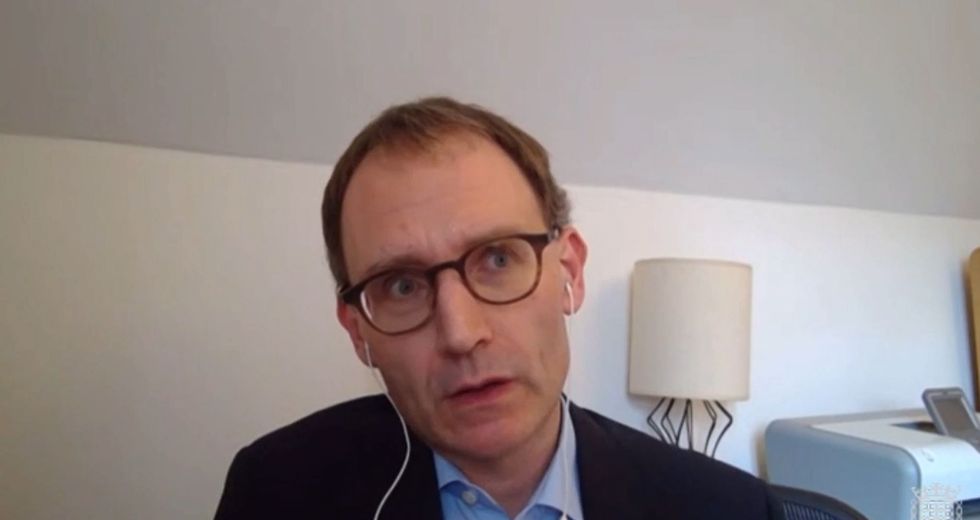
Prof Ferguson later resigned as an adviser for breaking lockdown rules and it was claimed he had not always seen 'eye to eye' with a colleague calling for restrictions earlier
|PA
Prof Steven Riley, who also worked at Imperial College at the time, said the economic consequences of a lockdown were irrelevant.
Writing to Prof Ferguson on March 11, 2020, Prof Riley, told his colleague: “I don’t think it matters how bad practice economic lockdown is because reactive lockdown will be worse.”
Despite UK and US finance officials suggesting lockdown would be disastrous for the economy, Prof Ferguson said there was no “clear cut” strategy.
He wrote: “I understand your view. But just bear in mind the Treasury advice is that 6 months of intense social distancing… is predicted to drive deep recession and massive business failures and job losses.
LATEST DEVELOPMENTS:
"I spoke to someone on the US Fed Interest rate committee last night. The epidemic is already going to cause a larger recession than the 2008 crash, even with massive bailouts and rescue packages.
"These effects will resonate for years, especially among the most disadvantaged. As I’ve said many times, I don’t think there is a clear cut strategy.”
Despite his private feelings, the group he headed up still published their study advocating for lockdown.
The Covid inquiry also heard that Prof Ferguson was “amazed” that Prof Sir Chris Whitty, the Chief Medical Officer of England, and Sir Patrick Vallance, the then chief scientific adviser, had not appeared to ask health executives if the NHS could cope with a spike in patients from the Government’s then approach to Covid.
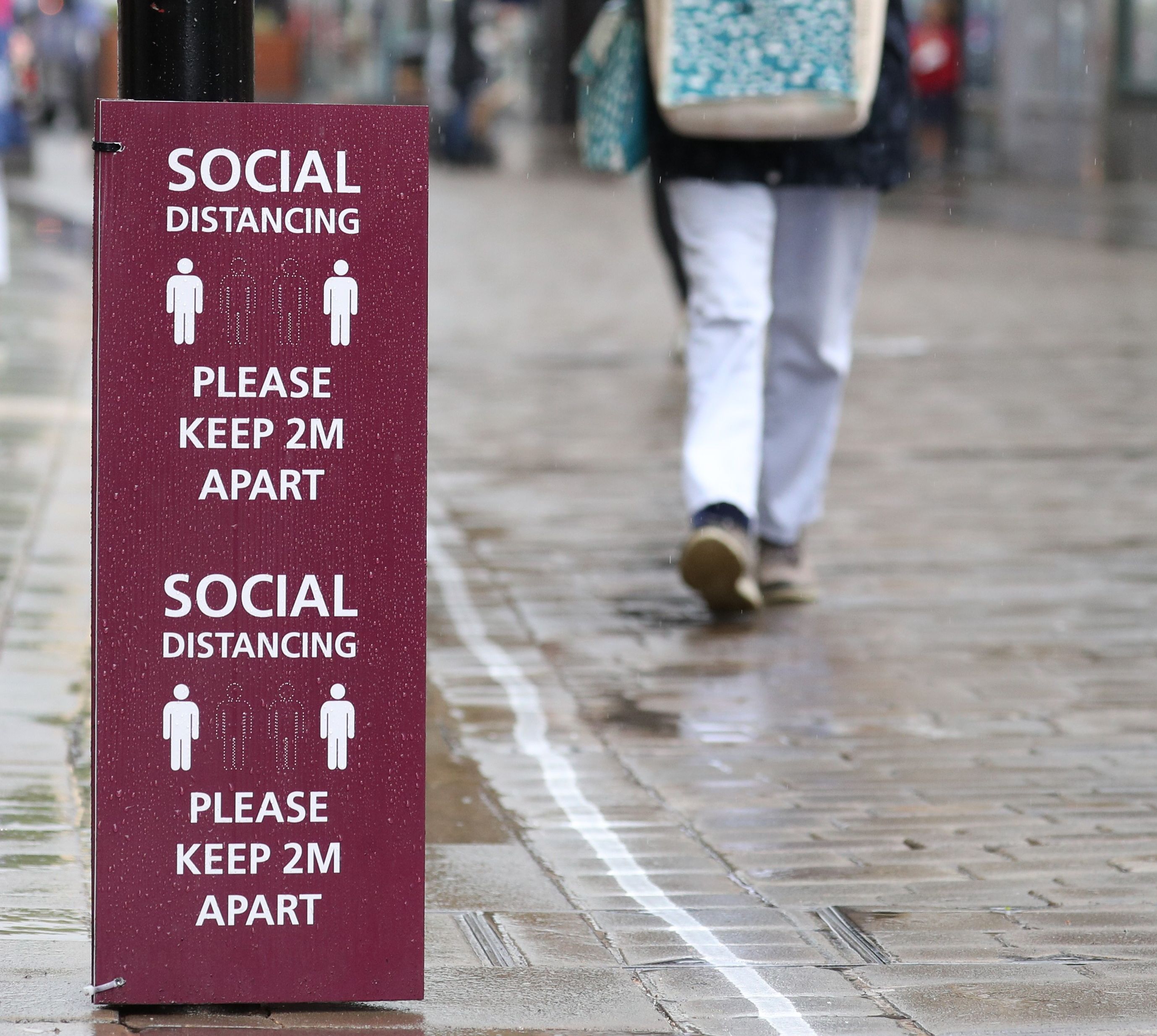
Despite UK and US finance officials suggesting lockdown would be disastrous for the economy, Prof Ferguson said there was no 'clear cut' strategy
|PA
When asked if he had become “irrevocably involved in determination of policy”, he said that it was a “difficult question to answer” and he became “associated very much with a particular policy”.
He added that the policy response to the pandemic by NHS England was “fairly catastrophic”, but it was only his job to produce modelling.
The professor added that there was a “Chinese wall” between Sage and emergency meetings in Number 10, and that he and other scientists only found out about preparedness “at the margins of Sage meetings”.
He said: “I know there’s a certain sector of society who are exercised about the difference between mandatory and voluntary measures.
“What we can say is that mandatory lockdown is more effective at reducing the contact rate to even higher effectiveness.”





